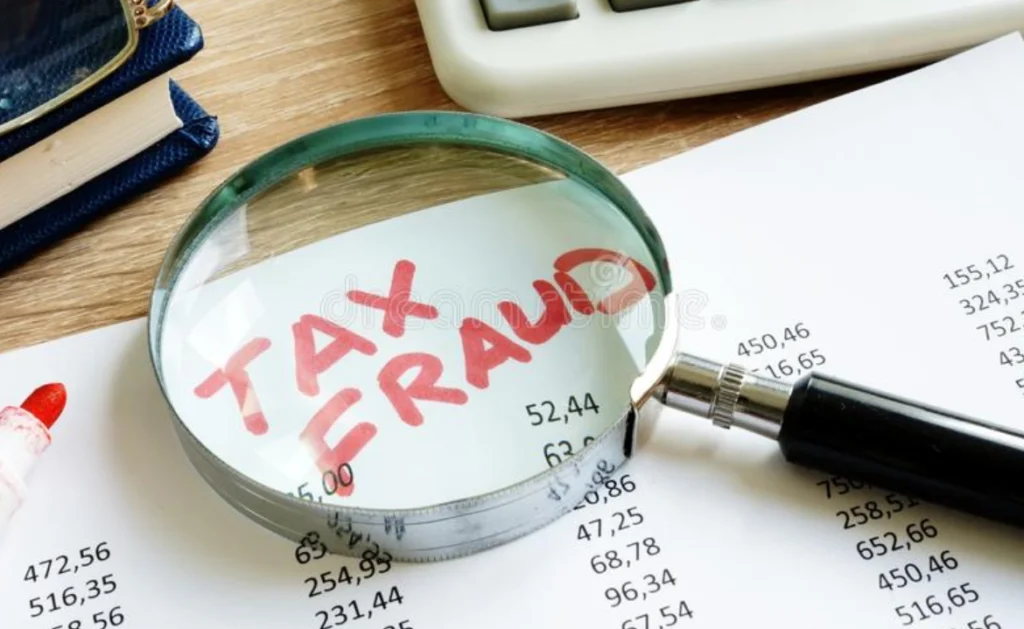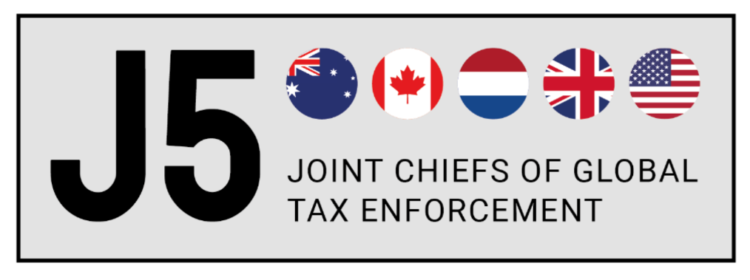A global anti-tax fraud organization, the Joint Chiefs of Global Tax Enforcement (J5), hosted ‘The Cyber Challenge’ event, which aimed to apprehend tax fraud perpetrators and organizations by assembling investigators, cryptocurrency experts, and data scientists.

The criminal intelligence communities of the United States, Australia, Canada, the Netherlands, and Trans-Canada comprise the J5 and work together to combat money laundering and international and transnational tax crime.
His Majesty’s Revenue and Customs of the United Kingdom, the Australian Taxation Office, the Canada Revenue Agency, the Dutch Fiscal Information and Investigation Service, and IRS-CI are all members of the alliance.
Proficient individuals hailing from J5 nations participated in the study. Their objective was to maximize the utilization of data obtained from diverse investigative and open sources accessible to each country.

The J5, which debuted in 2018, has served as the venue for five such events. The topic of the fourth event in 2022 was decentralized exchanges (DEX) and nonfungible tokens (NFTs). Providing information regarding the most recent occurrence in 2023, the Internal Revenue Service (IRS) report stated:
“This is the first Challenge where Financial Intelligence Units (FIUs) from each J5 country participated. Private sector was represented by blockchain analysis companies Chainalysis, BlockTrace, and AnChain making this the most collaborative Challenge to date.”
The J5 facilitated substantial leads for subsequent inquiry, which previously assisted in the revelation of crypto Ponzi schemes worth millions of dollars, including the BitClub Network. Deputy Commissioner of the Australian Taxation Office John Ford declared:
“This collaboration between public and private specialists not only generates operational outcomes, but shares expert training, techniques and procedures, which is integral for the participants to remain proactive and effective in a rapidly evolving operating environment.”
Ryan Ryder from Chainalysis noted that international public and private sector specialists “can collaborate to identify and shut down illicit activity,” a task currently unattainable in conventional finance due to the inherent transparency of cryptocurrencies.
